Mark Cavendish: cycling’s greatest sprinter of all time
Crashes, illness and injury couldn’t stop the ‘Manx Missile’ as he equalled Eddy Merckx’s all-time record at the Tour de France
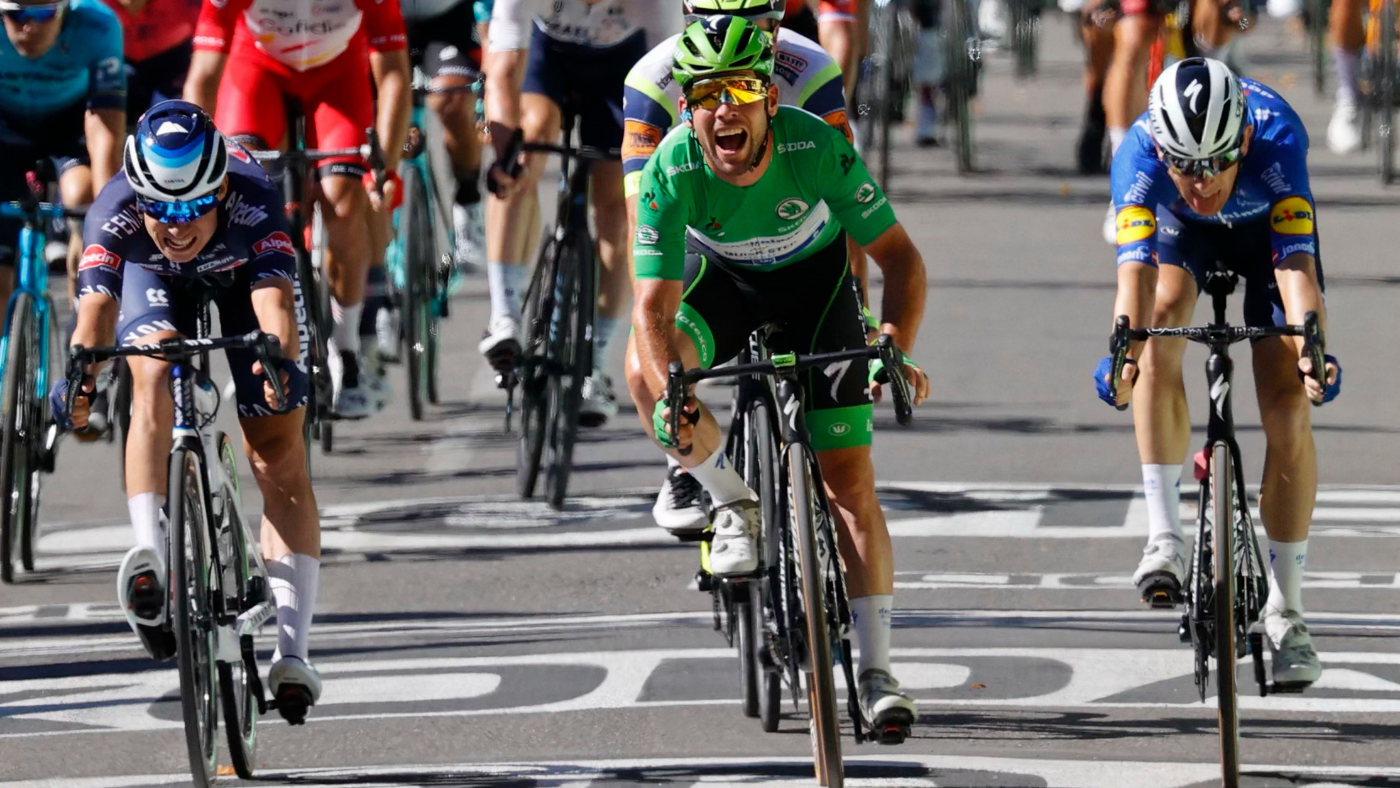
A free daily email with the biggest news stories of the day – and the best features from TheWeek.com
You are now subscribed
Your newsletter sign-up was successful
A mass crash, a late bike change, sweltering heat and an injury to a teammate combined to make Mark Cavendish’s fourth-stage win at this year’s Tour de France one of his toughest. That’s what Jeremy Whittle said in The Guardian last week – but it was also the one that made history.
Cavendish equalled Eddy Merckx’s all-time record of 34 stage wins, confounding those who had written off his career after years of illness and poor form. “What he is doing now is really crazy,” said the defending Tour champion and wearer of the yellow jersey, Tadej Pogacar, as he considered the 36-year-old’s achievements. “All respect to him.”
A year ago Cavendish was close to retiring, said David Walsh in The Times, worn down by depression and the Epstein-Barr virus that causes glandular fever. He hadn’t won a stage of the Tour since 2016, and he wasn’t even supposed to be competing this year. Cavendish was only selected when the Deceuninck-QuickStep team’s original sprinter, Sam Bennett, was injured.
The Week
Escape your echo chamber. Get the facts behind the news, plus analysis from multiple perspectives.

Sign up for The Week's Free Newsletters
From our morning news briefing to a weekly Good News Newsletter, get the best of The Week delivered directly to your inbox.
From our morning news briefing to a weekly Good News Newsletter, get the best of The Week delivered directly to your inbox.
But an extraordinary comeback reached its zenith on Friday in Carcassonne, said Daniel Matthews in the Daily Mail. After 220 “gruelling” kilometres, and a messy climax in which his teammate Michael Mørkøv nearly finished ahead of him, Cavendish crossed the line. As he “hobbled” to the waiting cameras, Cavendish was too spent to walk or talk. That determination to dig deep has made him the greatest sprinter of all time.
As Cavendish himself admitted in a “note-perfect” press conference, he doesn’t really bear comparison with Belgian legend Merckx, the greatest all-round cyclist the sport has ever known and one who has “become like Lord Voldemort at this race: He Who Shall Not Be Named”, said Tom Cary in The Daily Telegraph.
But we can now say, without hesitation, that 36-year-old Cavendish is “the greatest sprinter the sport has ever known”. And you wouldn’t bet against him breaking the stage record before this Tour is over.

Can he break the record?
A free daily email with the biggest news stories of the day – and the best features from TheWeek.com
After “the best part of a week of brutal stages in the Pyrenees”, Cavendish has two more opportunities during the Tour to take his portfolio of stage victories to 35, Walsh notes in The Times. The first will be during Stage 19 on Friday, a flat route of 207km from Mourenx to Libourne, which “should suit the sprinters unless a breakaway can cling on”.
The second will be at Stage 21, “unofficially known as the sprinters’ world championship”. After racing 108.4km from Chatou to Paris, the race concludes with the final sprint down the Champs Élyéeses. It’s a route that’s served Cavendish well in the past, with four consecutive stage wins in 2009 to 2012 “when the ‘Manx Missile’ was at his near-unbeatable peak”, said David Hughes at iNews.
Cavendish’s career
From Commonwealth success to an unexpected break from the road, Cavendish’s career is marked by success against the unexpected.
As part of Team GB, he won the World Championships with Rob Hales in 2005, and with Bradley Wiggins in 2008. He stayed true to his roots in 2006, and took home a gold medal for the Isle of Man at the Commonwealth Games in the men’s scratch race. “It’s 20 years since we last won a gold,” he said at the time. “At the end of the day it’s bike racing and as long as I’m doing it I’m happy.”
After wins at the Tour of Britain and Tour of Berlin road races in 2005, Cavendish’s first attempt at the Tour de France came in 2007, and in 2008 he won four of the 21 stages.
The only team member not to go home with a medal from the 2008 Olympics, Cavendish told The Observer: “There’s nothing for me on the track now.” His biggest regret was quitting the Tour to compete with Team GB, he said, so much so that his primary focus from then on became road racing.
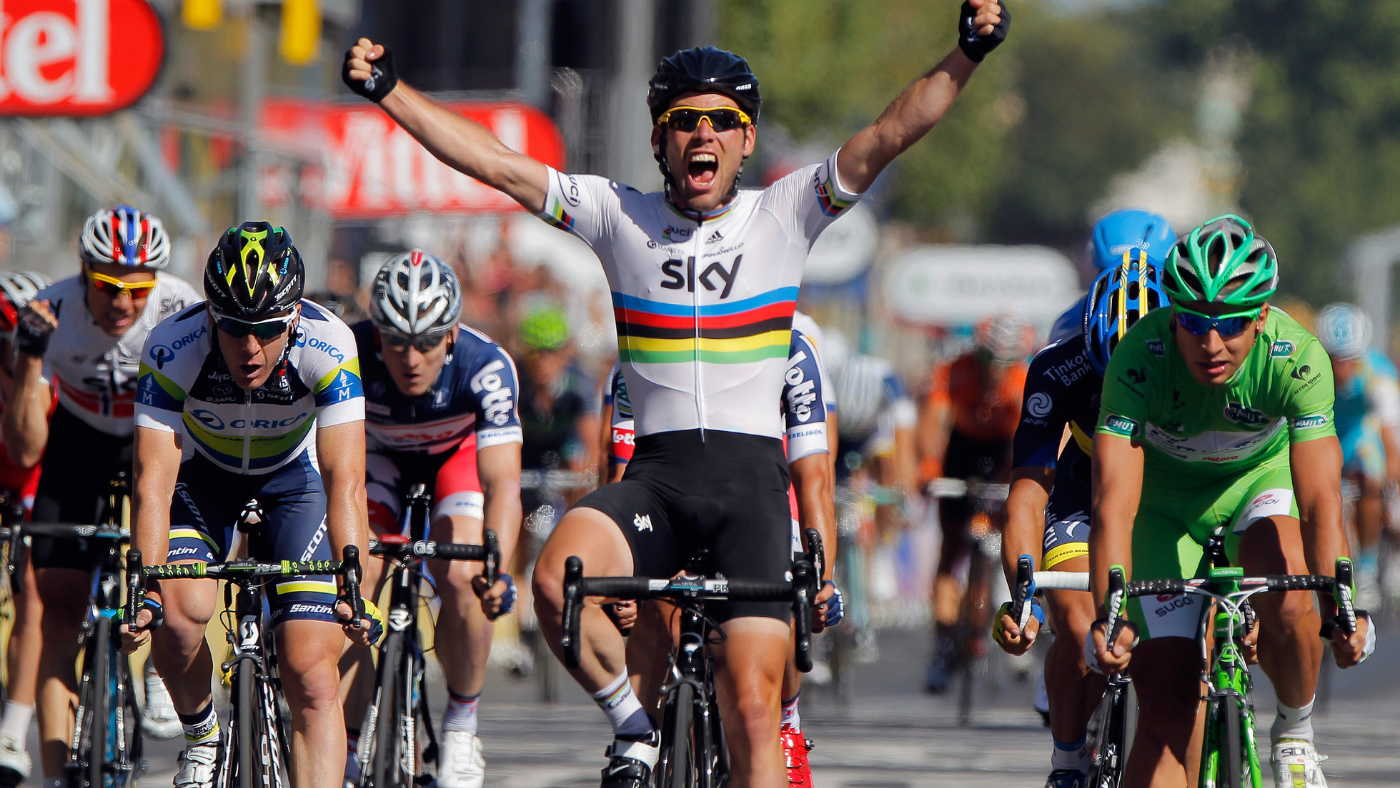
In the following three years, Cavendish wracked up a total of 16 stage wins at the Tour de France, earning his first green points in 2011 - the same year he was awarded both an MBE and Sports Personality of the Year. Continued success across global races cemented his position as one of the world’s top sprinters, including a history-making performance in the 2012 Tour as he won the Champs Élyéeses stage in the rainbow jersey. “Every day when training or racing I look down at these rainbow bands once every few minutes and they give me a great sense of pride,” he said. “I just want to do the jersey justice.” In 2016, he experienced another first - wearing the yellow jersey.
The sprinter rose from strength to greater strength, finally taking home his gold at the 2016 Olympics - until a diagnosis of Epstein-Barr virus in April 2017 began to slow his success. For the next two years he struggled with illness and fatigue, with injuries and crashes compounding the problem, says Sky Sports’s Peter Smith.
For two years in a row, Cavendish was not chosen to compete in the Tour de France, with speculation that he would “hang up his wheels” after the 2020 snub. “His revival has been one of the feel-good stories of the season,” Smith notes. Success at the Tour of Turkey and Tour of Belgium saw the Manxman slip back “into his old groove”. Now, spectators wait to see if he can find a new groove, by breaking Merckx’s record.
-
 Bad Bunny’s Super Bowl: A win for unity
Bad Bunny’s Super Bowl: A win for unityFeature The global superstar's halftime show was a celebration for everyone to enjoy
-
 Book reviews: ‘Bonfire of the Murdochs’ and ‘The Typewriter and the Guillotine’
Book reviews: ‘Bonfire of the Murdochs’ and ‘The Typewriter and the Guillotine’Feature New insights into the Murdoch family’s turmoil and a renowned journalist’s time in pre-World War II Paris
-
 Witkoff and Kushner tackle Ukraine, Iran in Geneva
Witkoff and Kushner tackle Ukraine, Iran in GenevaSpeed Read Steve Witkoff and Jared Kushner held negotiations aimed at securing a nuclear deal with Iran and an end to Russia’s war in Ukraine
-
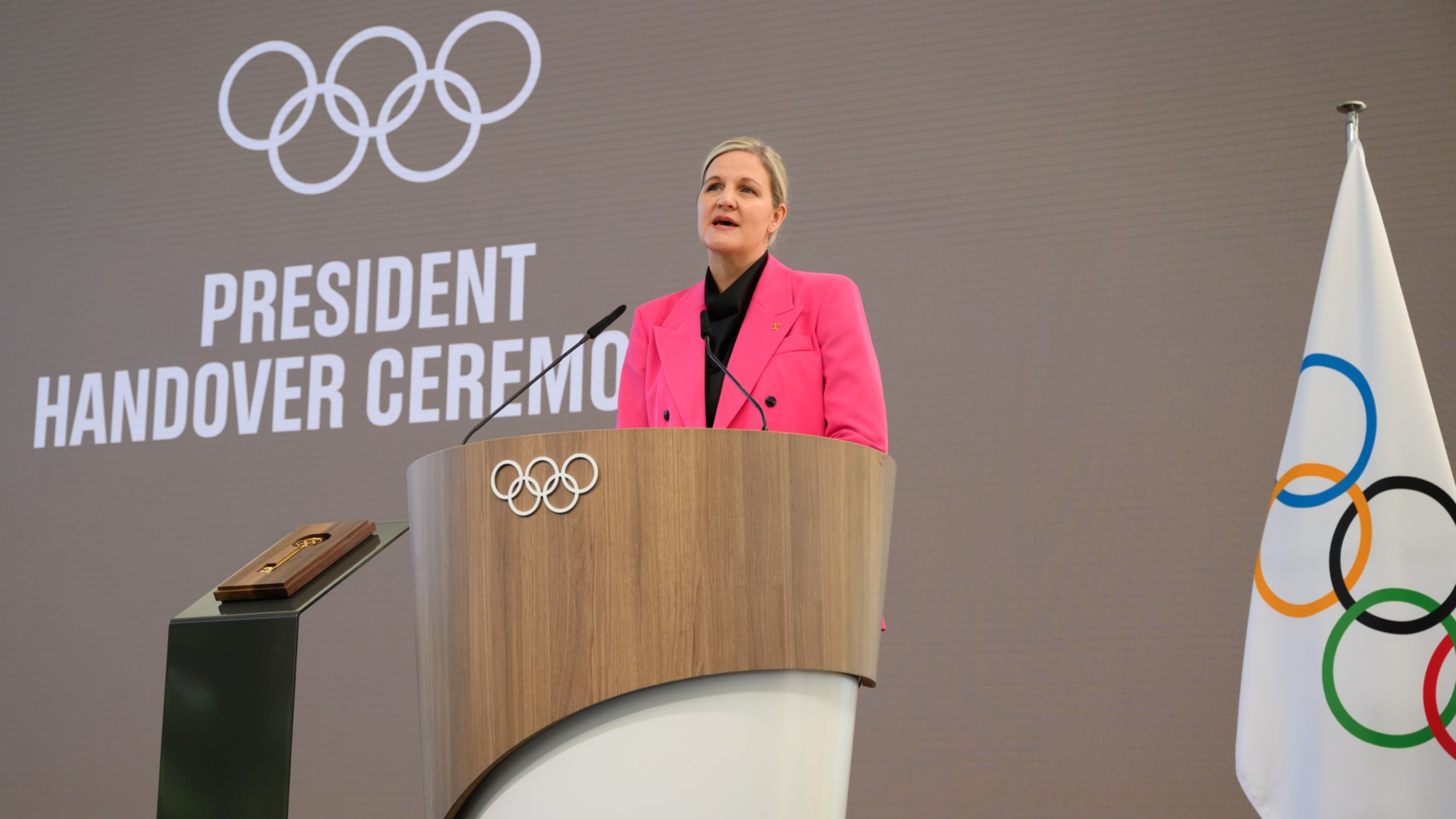 Kirsty Coventry: the former Olympian and first woman to lead the IOC
Kirsty Coventry: the former Olympian and first woman to lead the IOCIn the Spotlight Coventry, a former competitive swimmer, won two Olympic gold medals
-
 The biggest sporting events of 2025
The biggest sporting events of 2025The Explainer Women's Rugby World Cup and African Cup of Nations are among sporting highlights this coming year
-
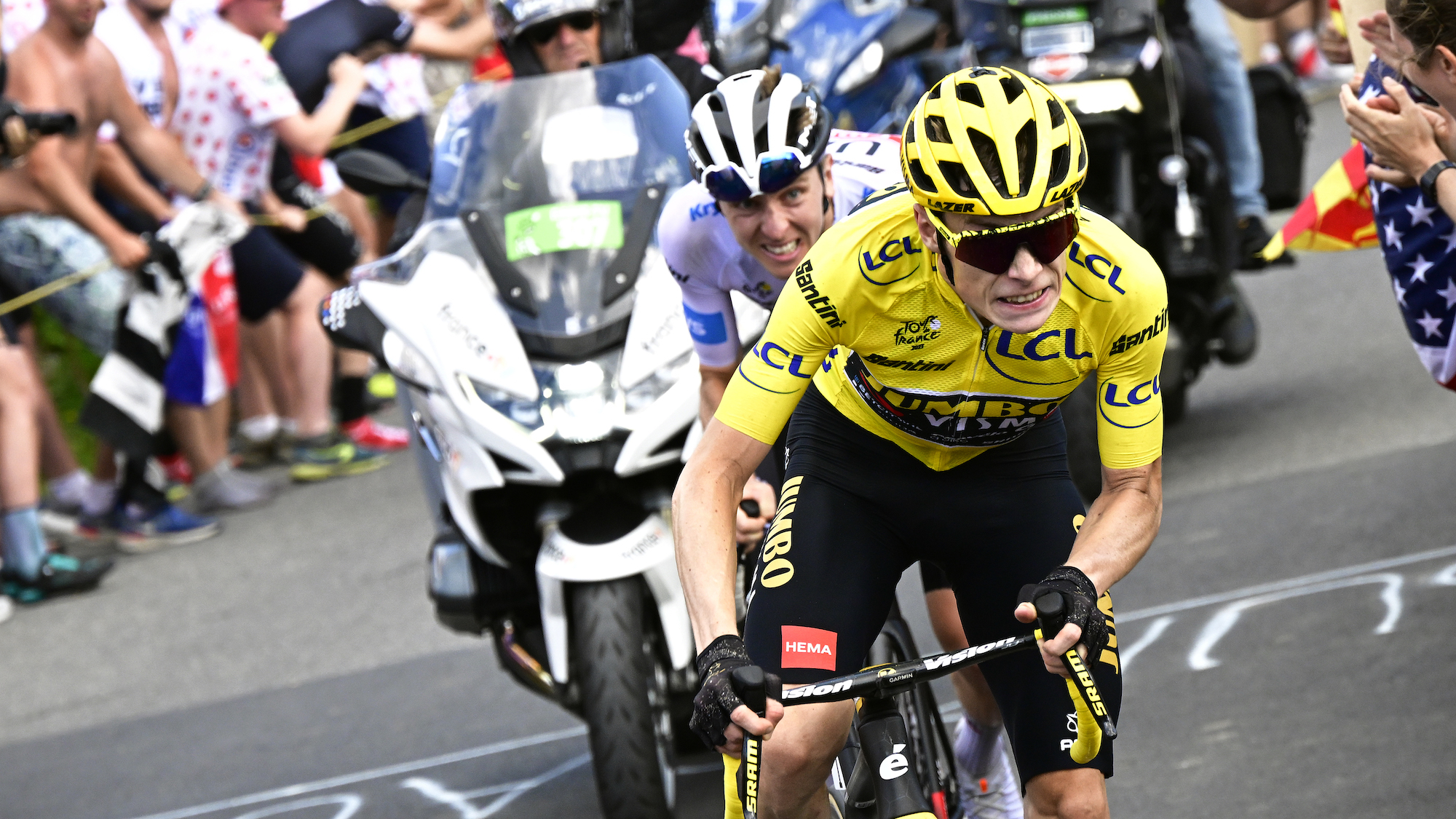 Tour de France: a return to the glory days?
Tour de France: a return to the glory days?A stellar line-up of contenders looks set to provide a vintage race
-
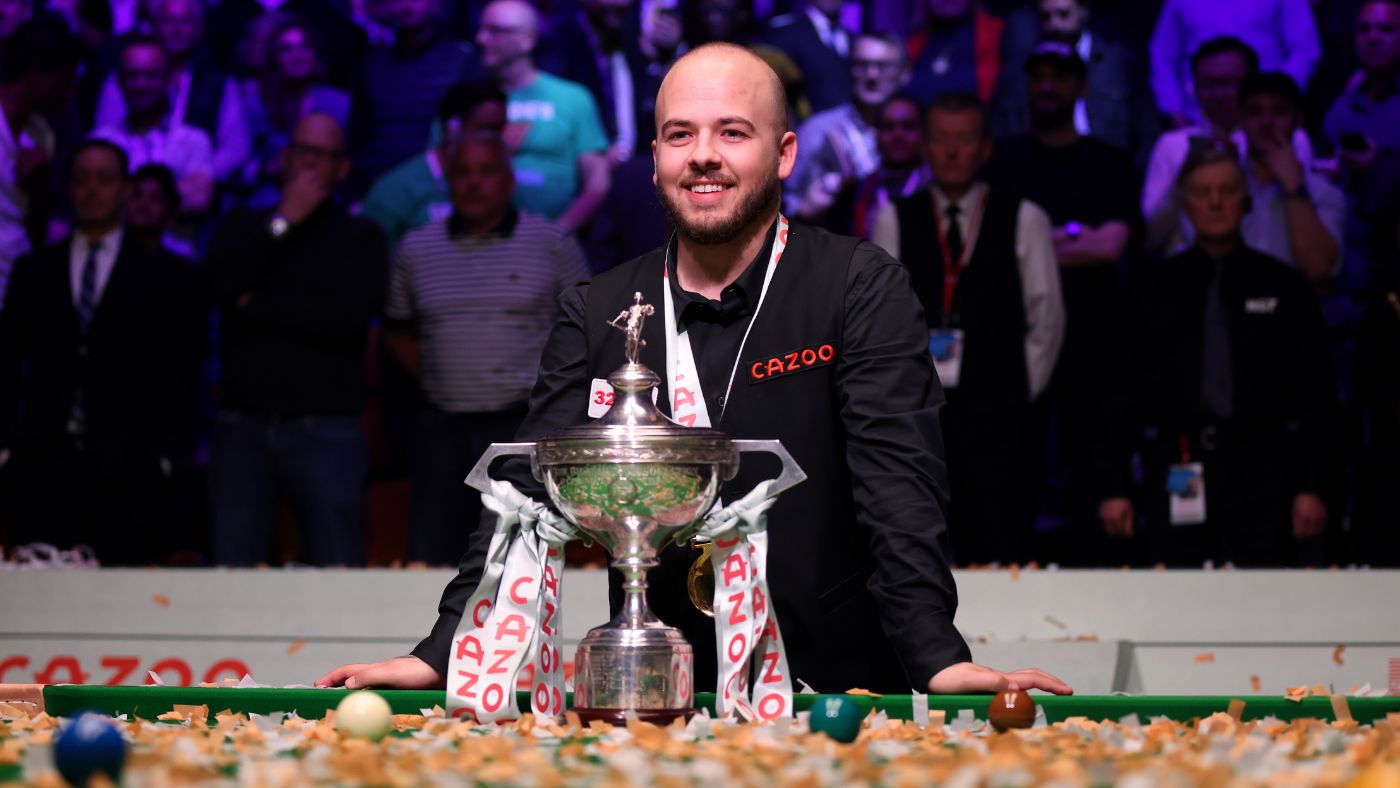 Luca Brecel: Belgian ‘hell-raiser’ triumphs at the Crucible
Luca Brecel: Belgian ‘hell-raiser’ triumphs at the CrucibleIn the Spotlight The 28-year-old beat Mark Selby 18-15 to win his first World Snooker Championship title
-
 Jakub Jankto: first current male international footballer to come out as gay
Jakub Jankto: first current male international footballer to come out as gayIn the Spotlight The 27-year-old Czech midfielder says ‘I no longer want to hide myself’
-
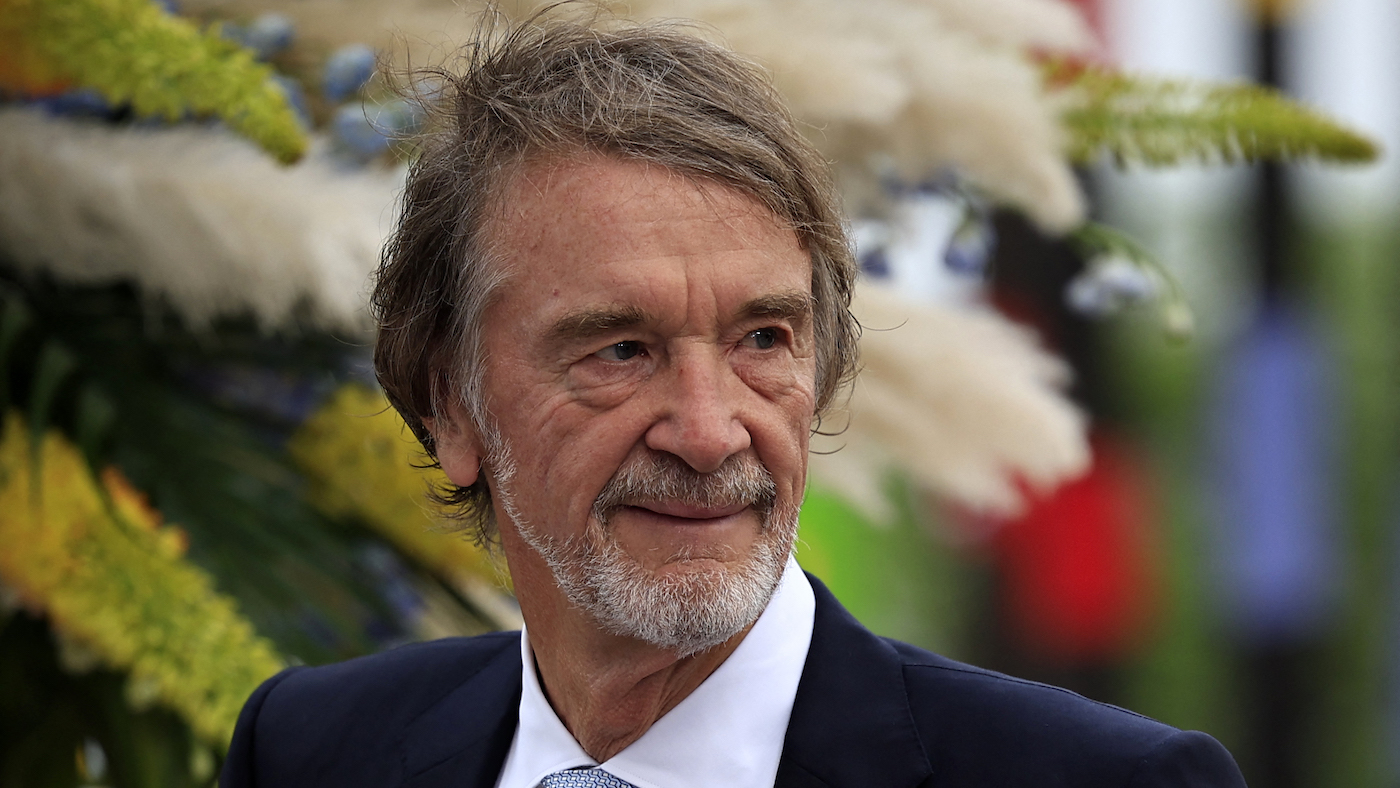 Jim Ratcliffe: petrochemical billionaire turned Man Utd bidder
Jim Ratcliffe: petrochemical billionaire turned Man Utd bidderIn the Spotlight The Ineos owner is the first to publicly bid for the 13-time Premier League winners
-
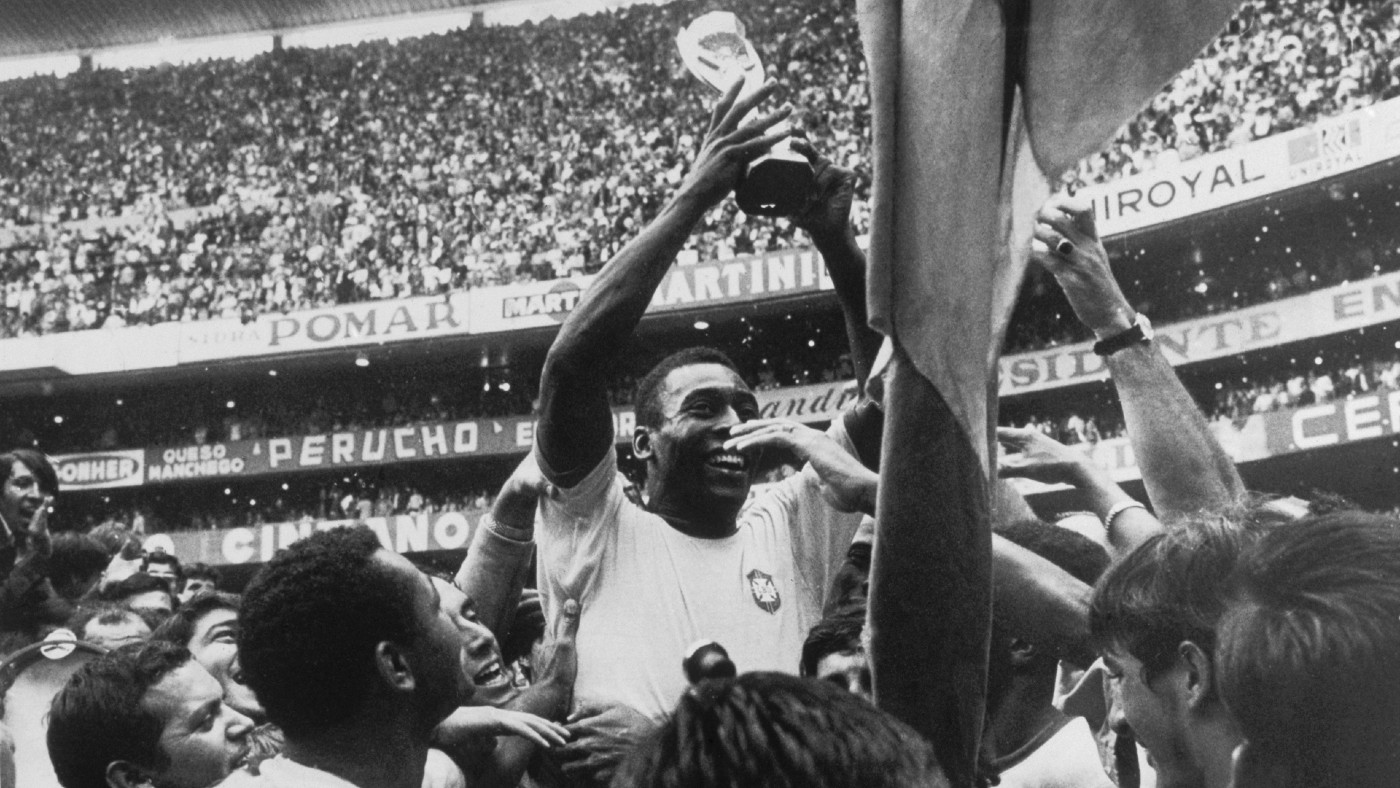 Pelé obituary: remembering the greatest footballer of all time
Pelé obituary: remembering the greatest footballer of all timeIn the Spotlight The Brazilian footballer, who died aged 82, was blessed with extraordinary skill in every aspect of the game
-
 Jude Bellingham: from Birmingham to the Qatar World Cup via Dortmund
Jude Bellingham: from Birmingham to the Qatar World Cup via DortmundIn the Spotlight Teenage midfielder showed ‘power, skill and precision’ in England’s 6-2 win over Iran